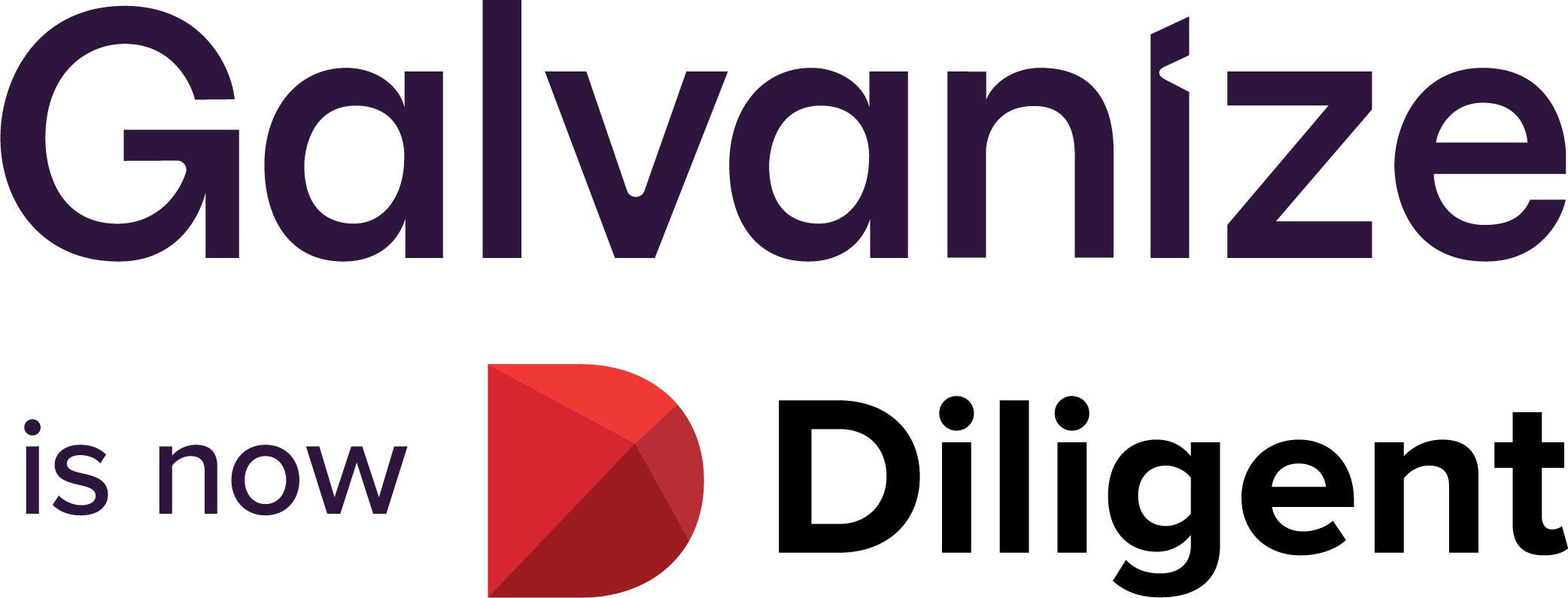Audit reform is fast becoming a tangible reality in the UK. On March 18, 2021, the Department for Business, Energy & Industrial Strategy (BEIS) announced the start of a 16-week consultation period into reforms to modernize the country’s audit and corporate governance regime—which would effectively create a UK equivalent of the US Sarbanes-Oxley Act (SOX).
With the consultation well underway, we wanted to know how prepared UK finance and compliance leaders are for this reform. What issues are at the top of their minds? And, most importantly, what’s next?
To help find answers to these questions and provide unique insight into the perspectives of those who will be impacted most, we enlisted global research company Censuswide to survey 250 Audit Managers, Heads of Risk, Chief Financial Officers, and Finance Directors in UK-listed companies (including 40 from FTSE 100 businesses) on our behalf—and the results are in.
Big appetite for personal responsibility
As part of the March announcement, the UK Minister for Corporate Responsibility had this to say to anyone with a seat at the executive table: “Auditors and rogue directors who have been asleep at the wheel must be held accountable. So, as part of our plans, we will look to ensure the new regulator is fully equipped to take action where serious lapses have occurred.”
It was a strong statement, but one that the majority of our respondents seem to agree with: 80% say that directors should be held personally responsible and liable for the accuracy of company financial statements, and that they should face fines, suspensions, or the clawback of bonuses if they breach their duties to uphold corporate reporting and audit standards.
When asked whether the proposed reforms will do enough to hold directors accountable and crack down on rewarding boardroom failures, 75% think that the reforms will achieve this mandate.
Optimism for improvements in the workplace
As for whether financial professionals feel like their day-to-day work will benefit from some SOX-like reform, the results were mostly positive. Our respondents expect to see the most improvement in these three areas:
- Their organization will be more resilient.
- The control environment will improve.
- Risk will be better managed and decisions will be based on data.
Mixed reaction on broader effectiveness
When looking at whether these reforms will succeed in hitting the government’s larger goals of safeguarding British jobs, avoiding company failures, and reinforcing the UK’s reputation as a world-leading destination for investment, the sentiment becomes a little more mixed.
While 43% of our respondents think that the public’s trust in how businesses are governed will increase, 23% think it will actually decrease trust. When it comes to investor confidence in UK-listed companies, 42% think reform will have a positive impact on the market, while a solid 30% predict the opposite, anticipating that investments will decline.
Perhaps most surprisingly, only 27% of our finance professionals think the new audit reforms are going to have any real impact on preventing corporate failures. In fact, 43% actually expect to see failures in the boardroom grow.
Whether this suggests the government is missing the mark on its most important targets or reveals an unintended consequence of rooting out corporate malfeasance (i.e., the more you look for it, the more you find it), the data presents a sense of unpredictability that may well be reflected back in the market.
Ineffective tech is standing in the way
How do finance professionals feel about their role in deploying UK SOX? So far, pretty good: 91% say they are confident that they understand what a UK version of SOX would require of them, and 78% say they’re ready for its rollout.
However, while they feel confident in their readiness and abilities, that confidence doesn’t seem to extend to their tech. One of the biggest barriers in adopting the upcoming audit reforms is technology that simply isn’t up to the task—32% say their tech stack is insufficient, and 85% say they need to invest more in technology to meet the challenges of the reform.
What respondents say is needed most are:
- Controls management software.
- Reporting and business intelligence (BI) software.
- Internal audit software and automation.
Most want UK SOX to be delayed
Despite the appetite for reform and the perceived confidence and preparedness among respondents, over two-thirds still think that UK SOX should be delayed. The average ideal timeline was two years, with just over a third hoping for a delay of up to three or four years.
We asked Keith Fenner, International Managing Director at Galvanize, what he thinks about this predicament. “The government’s audit reforms are coming and businesses need to get ready,” he said, “With or without a delay in this reform, there’s no question that Brexit and the pandemic have already strained business and this will only add further pressure. Organizations must now invest in technology to create a strong foundation of controls, leading to better visibility of risk, reduced failures, and better overall performance to help drive our collective economic recovery.”
Read the rest of the research
If you’re curious about what else our UK finance professionals had to say about the fast-approaching audit reforms, you can read the full research here.








